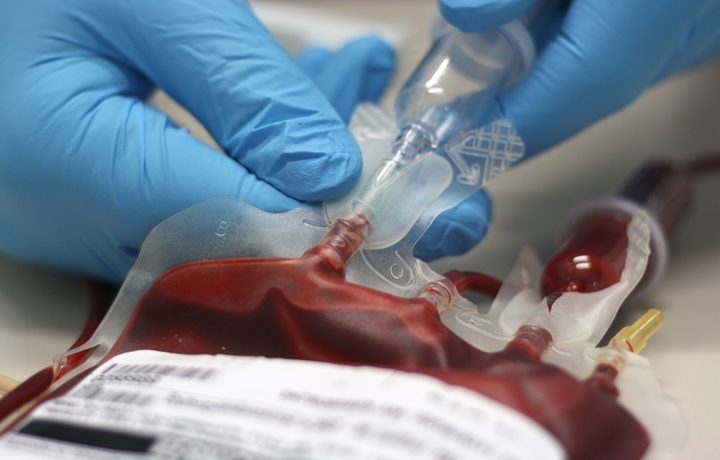
Eight-year-old Nerea is a young girl from the Spanish town of Burriana. Nerea had a difficult childhood because she was born prematurely. Her premature birth triggered respiratory issues which deprived her brain of oxygen and led to her developing cerebral palsy.
Nerea’s cerebral palsy caused significant issues with motor control, making it difficult to control her limbs. However, some progress was made thanks to the continued work of physiotherapists and her family.
Around the time of Nerea’s fifth birthday, her parents learned more about the use of autologous umbilical cord stem cells to treat cerebral palsy. So they look for more information about whether stem cells could help to treat her condition.
Initially, doctors attempted to have Nerea’s stem cell treatment performed in a Spanish hospital. However, the Spanish Agency of Medicines and Medical Devices said that Nerea could only receive the treatment by enrolling in a clinical trial. She had to obtain the treatment via a trial because stem cells have not been confirmed to treat cerebral palsy successfully.
Fortunately, there were several researchers working towards a cure for cerebral palsy using stem cells. One of the leading researchers in the field is Dr Joanne Kurtzberg who is currently working at Duke University. Dr Kurtzberg is an extremely well-known scientist and leader in the field of cord blood therapy.
Dr Kurtzberg has previously conducted a randomised clinical trial using autologous umbilical cord blood units to treat cerebral palsy. Nerea’s doctors contacted Dr Kurtzberg and began discussing the possibility of Nerea receiving a treatment of her own stem cells.
In 2017, Nerea finally received an infusion of her own cord blood stem cells. Within a few months, doctors saw a significant improvement in her motor skills. Nerea’s improvement is very encouraging for researchers who are continuing to assess the ability of stem cells to treat cerebral palsy.
Source: Nerea’s Story


